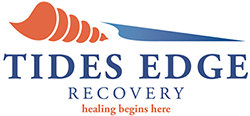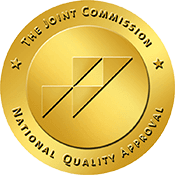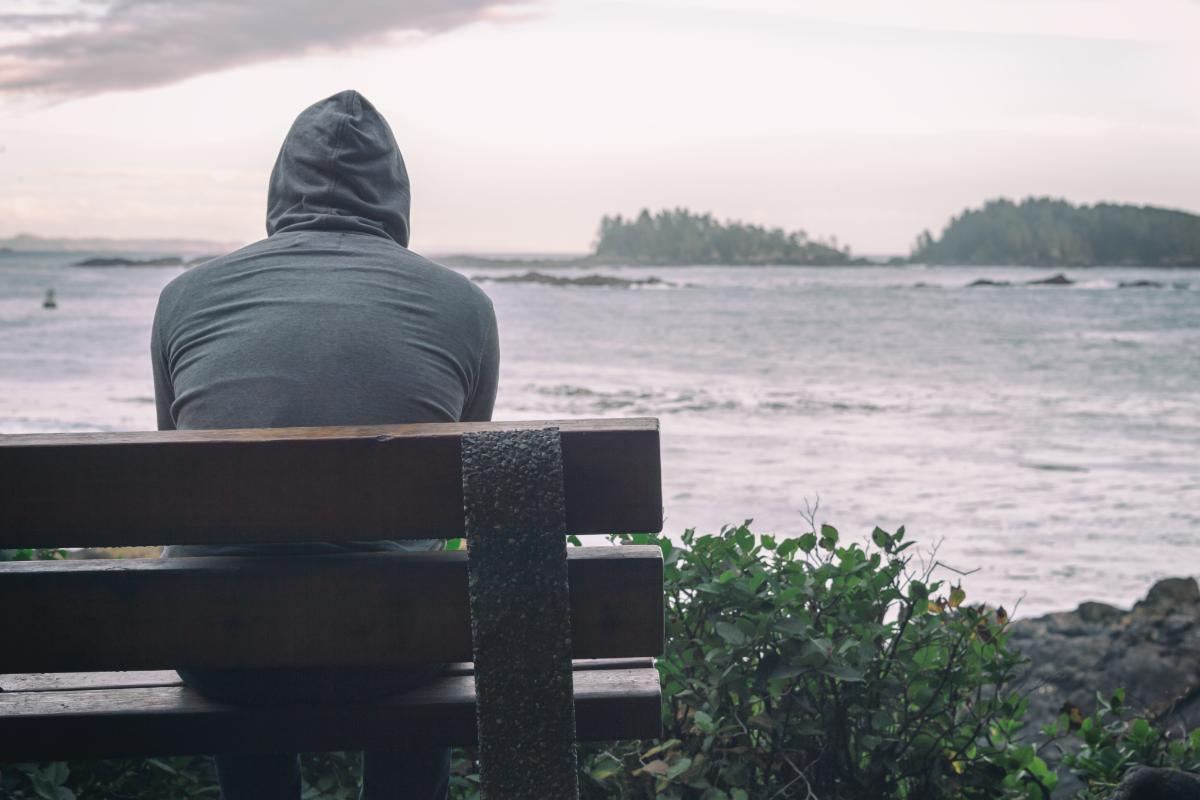When dealing with drug addiction, whether it’s in your own life or the life of someone you love, it’s essential to establish boundaries for addicts. Without healthy boundaries for addicts, things can escalate out of control quickly. If you or someone you love is battling with a drug or alcohol addiction, get help from a professional drug and alcohol detox center, like Tides Edge Detox center in Jacksonville, FL. Let’s take a look at how establishing boundaries is important for both the person addicted and loved ones.
Why Are Boundaries For Addicts Important?
People who are recovering from drug addiction may need to establish some boundaries for themselves. This helps them keep on the right pathway for healing. Boundaries may consist of things such as:
Staying away from people who drag them down (past drug associates)
This is an important step, and it’s not always easy to make happen. Habits like socializing are hard to break, especially if that social interaction also includes getting high. Being around these people serves to continually reinforce the addiction.
Having a plan of action for difficult days
Not every day will go well in recovery. Temptation is a powerful thing. On some days, thoughts of using again can be powerful. However, if you have been taught effective coping skills and you have people you can contact when things go rough, you’ll get through the tough days. As time goes on, the difficult days become fewer and fewer.
Knowing and avoiding triggering situations or places
We develop associations with places, people and things. If something or someone strongly reminds you of your days of using, you need to recognize it, and take the appropriate action. For example, if you’re battling an alcohol addiction, it isn’t a good idea to go into the bar where you did a lot of your drinking. Find new places to socialize where alcohol isn’t the focus.
Not allowing themselves to become overtired or over-stressed (practice self-care)
In other words, take care of yourself. An active addiction tends to devastate the body. Recovery is all about looking and feeling healthy again. Getting enough sleep, eating right and limiting stress will go a long way to making recovery successful.
Boundaries For A Loved One
People who are close to those addicted to drugs or alcohol may also need to have some safe practices in place. They may need to put up boundaries for addicts such as:
- Not loaning money to their loved one when they suspect it’s for drug use
- Not becoming emotionally crippled by the actions of the other person
- Saying “no” when necessary about giving them rides places they know will lead to the wrong activities
- Being strong when the other person uses manipulation
- Calling on help when necessary
It’s difficult having a loved one who is involved with drug or alcohol use. It may be challenging sticking with the boundaries for addicts, but it’s a necessary part of helping them. In addition, there is a risk of co-dependency on the part of the partner. However, establishing these boundaries will lessen the chance that this occurs.
Hope For Drug Addiction At Tides Edge Detox
Welcome to the Tides Edge facility, where our experienced therapists will provide you with the tools you need for recovery. Through our detox center, you can overcome the withdrawal symptoms of drug or alcohol addiction and go on to live a fulfilling, happy life free of alcohol and/or drugs. We offer comprehensive detox treatment programs and drug and alcohol rehab. Some different addictions we treat include:
- Alcohol addiction treatment program
- Cocaine addiction treatment program
- Heroin addiction treatment program
- Opiates addiction treatment program
Our accredited facility ensures you get professional care from detox through to transitional living. You’ll receive comprehensive services that include detox as well as therapy.
Don’t let another day pass by without seeking treatment for your needs. Now that you know healthy boundaries for addicts, you can overcome your issues. Participate in a detox and therapy program at Tides Edge Recovery by contacting us at 866.723.3127. We’ll walk with you along the road to recovery.









